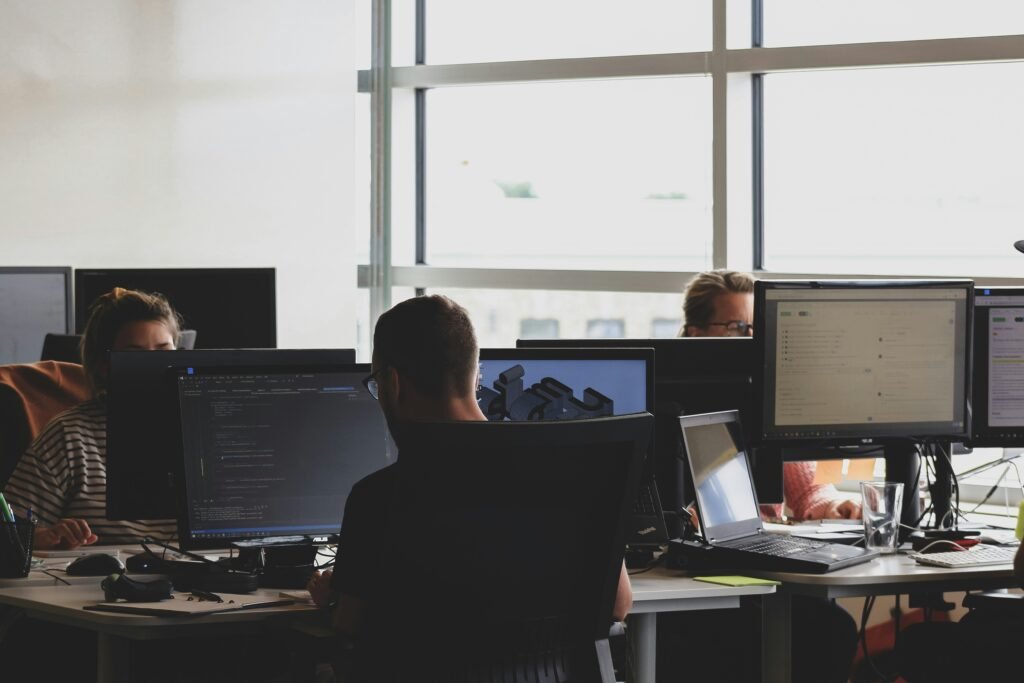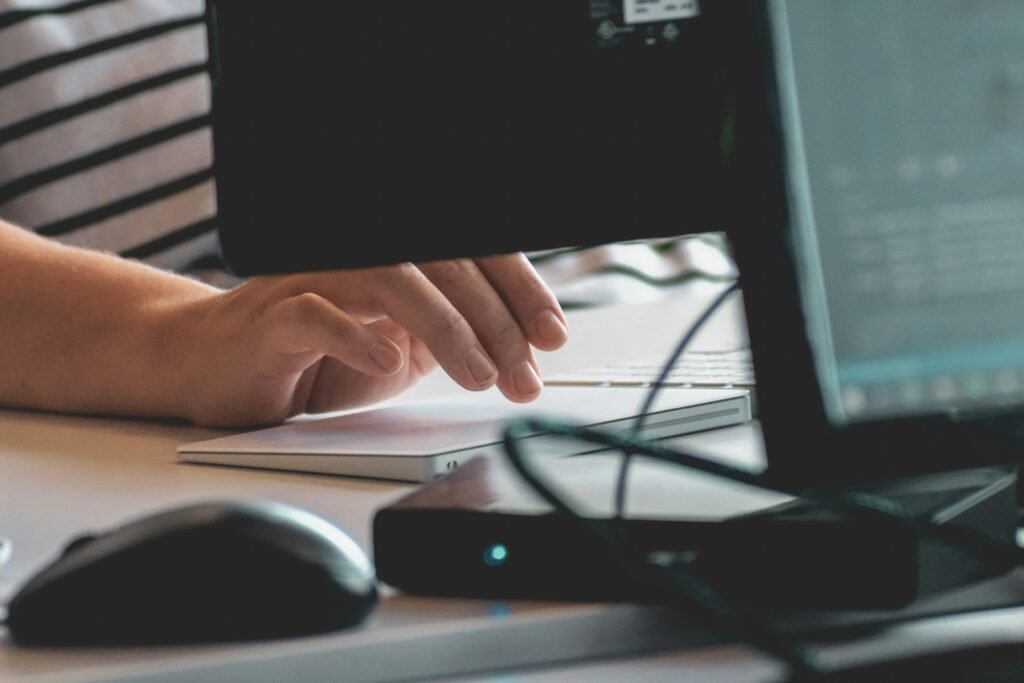Welcome to an article packed with tips to help you stay safe online with your laptop! In this day and age, it’s important to take measures to protect your personal information and ensure your online safety. By following these laptop security tips, you can minimize the risk of falling victim to cyber threats and keep your data secure. From regularly updating your software to using strong passwords and being cautious when connecting to public Wi-Fi networks, these tips will help you navigate the online world with confidence. Stay safe and secure with these simple but effective precautions! Hey there! Are you someone who spends a lot of time on your laptop browsing the internet, shopping online, or working from home? Well, it’s important to make sure you’re keeping your laptop secure to protect your personal information and privacy. In this article, we’ll provide you with some valuable laptop security tips to help keep you safe online.
Importance of Laptop Security
Laptop security is crucial in today’s digital age where cyber threats are becoming increasingly sophisticated. By ensuring your laptop is secure, you can protect yourself from malware, viruses, hackers, and other online threats that could compromise your sensitive data.
Why Your Laptop Needs to be Secure
Your laptop contains a wealth of information about you, including personal details, financial data, work documents, and more. Without proper security measures in place, this information can easily fall into the wrong hands, leading to identity theft, financial loss, and other serious consequences.
Password Protection
One of the first lines of defense for your laptop is a strong password. Your password acts as a barrier between your personal information and potential threats, so it’s important to choose one that is secure and unique.
Creating Strong Passwords
When creating a password, make sure it’s long, complex, and includes a combination of letters, numbers, and special characters. Avoid using easily guessable information like your birthday or pet’s name. Additionally, it’s crucial to use different passwords for different accounts to prevent a single security breach from compromising all of your accounts.

This image is property of images.unsplash.com.
Software Updates
Keeping your laptop’s software up to date is another essential aspect of maintaining its security. Software updates often contain patches for known vulnerabilities and security flaws, so by keeping your system updated, you can protect yourself from potential cyber attacks.
The Importance of Software Updates
Hackers are constantly developing new techniques to exploit vulnerabilities in software, so it’s crucial to stay one step ahead by installing updates as soon as they become available. Neglecting to update your software can leave your laptop exposed to known security risks, making it an easy target for cybercriminals.
Antivirus and Anti-Malware Software
In addition to software updates, it’s important to have antivirus and anti-malware software installed on your laptop. These programs are designed to detect and remove malicious software that could harm your system and compromise your data.
Why You Need Antivirus Software
Antivirus software acts as a shield against various online threats, including viruses, worms, Trojans, and other types of malware. By running regular scans and keeping your antivirus definitions up to date, you can significantly reduce the risk of your laptop being infected by malicious software.

This image is property of images.unsplash.com.
Data Encryption
Data encryption is another effective way to enhance the security of your laptop. By encrypting your sensitive files and communications, you can prevent unauthorized access and ensure that your information remains confidential.
Benefits of Data Encryption
Encryption scrambles your data into a format that is unreadable without the correct decryption key. This means that even if your laptop is stolen or compromised, your encrypted data will remain protected from prying eyes. By utilizing encryption tools, you can add an extra layer of security to your sensitive information.
Secure Your Wi-Fi Connection
Your Wi-Fi network can serve as a potential entry point for cyber attackers looking to infiltrate your laptop. By securing your Wi-Fi connection, you can prevent unauthorized users from gaining access to your network and compromising your data.
Tips for Securing Your Wi-Fi Connection
- Change the default username and password of your Wi-Fi router to prevent unauthorized access.
- Enable encryption (WPA3 or WPA2) on your Wi-Fi network to protect your data from eavesdropping.
- Disable broadcasting the SSID (Service Set Identifier) of your Wi-Fi network to make it less visible to outsiders.

This image is property of images.unsplash.com.
Avoid Public Wi-Fi Networks
While public Wi-Fi networks are convenient, they can also pose a significant security risk to your laptop. Hackers can easily intercept your data on public Wi-Fi networks, putting your personal information at risk.
Alternatives to Public Wi-Fi
If you need to access the internet on the go, consider using a virtual private network (VPN) to encrypt your data and secure your connection. VPNs create a secure tunnel between your laptop and the internet, allowing you to browse anonymously and protect your data from potential threats.
Physical Security Measures
In addition to protecting your laptop from online threats, it’s important to implement physical security measures to prevent theft or unauthorized access to your device.
Protecting Your Laptop Physically
- Use a secure lock to tether your laptop to a fixed object when in public places.
- Enable biometric authentication features like fingerprint scanners or facial recognition to prevent unauthorized access.
- Consider investing in a laptop sleeve or bag with built-in security features to deter theft.
Backup Your Data Regularly
No matter how secure you keep your laptop, there’s always a risk of data loss due to hardware failure, theft, or malware attacks. That’s why it’s essential to back up your data regularly to ensure that you don’t lose important files and documents.
Importance of Data Backup
By backing up your data to an external hard drive, cloud storage service, or other backup solutions, you can protect yourself from the devastating effects of data loss. In the event of a security breach or system failure, having a recent backup can help you recover your files and restore your laptop to its previous state.
Conclusion
In conclusion, prioritizing laptop security is essential for safeguarding your personal information and privacy in an increasingly digital world. By following the laptop security tips outlined in this article, you can minimize the risk of cyber threats and protect yourself from potential security breaches. Remember, your security is in your hands, so take the necessary steps to keep your laptop safe and secure. Stay safe online!
